Discussing Peace Operations Conducted under the Aegis of UN
Szöveg: Defence Staff | 2015. március 31. 9:00On Friday, March 27 – the last day of his visit to the United States – Gen. Dr. Tibor Benkő, Chief of Defence attended a UN Chiefs of Defence Conference for nations engaged in UN-led military operations.
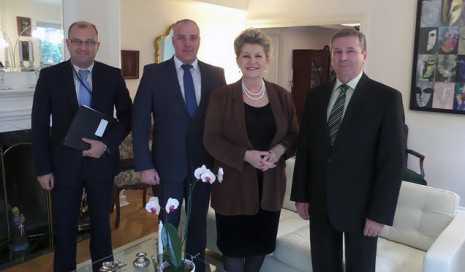
In the evening before the conference, Gen. Dr. Tibor Benkő held discussions with Ambassador Katalin Bogyay, Head of Hungary’s Permanent Mission to the UN in New York The topic of the discussions was military role under the aegis of the UN, with special focus on elements related to Hungary.
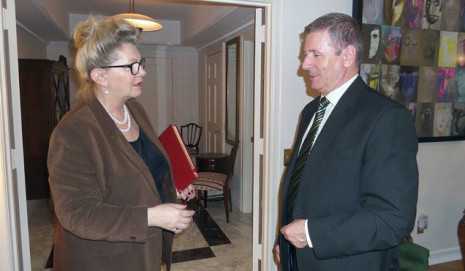
The first-ever United Nations Chiefs of Defence Conference brought together military leaders from 107 countries, providing them with a first-time opportunity to discuss current issues in peacekeeping operations conducted under the aegis of the UN. The most important aims of the conference were to assess the strategic and operational status of missions and to address military challenges to contingents participating in ongoing operations.
Among the requirements for the results of the conference, an important one was to discuss ways to promote the efficient implementation of the peacekeeping missions’ complex mandates. Another was to achieve consensus on identifying areas with critical shortfalls and to work towards agreement on the directions for making progress.
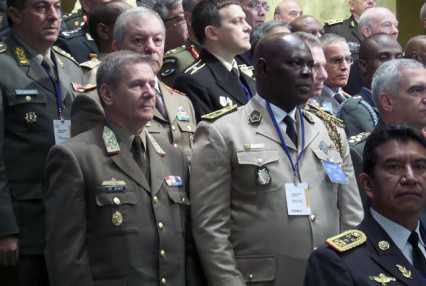
On the whole, the UN expected the conference to result in more troop contributions from member states. The conference started with UN Secretary General Ban Ki-moon’s opening remarks and continued with an assessment by Hervé Ladsous, Under-Secretary-General for Peacekeeping Operations of the strategic and operational environment. Afterwards, Athul Khare, Under-Secretary-General for Field Support assessed the challenges and opportunities.
In what followed, Lt.-Gen. Maqsood Ahmed, the Secretary General’s Military Adviser for Peacekeeping Operations talked about the ways to respond to the challenges, and finally David Haeri, Director, Policy Evaluation and Training Division gave a presentation about the future of UN peacekeeping operations.
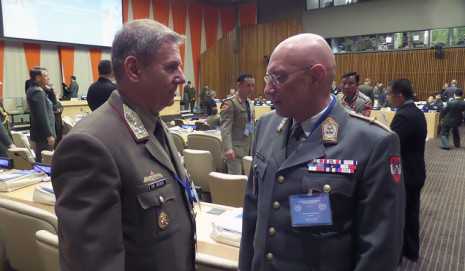
The main issues addressed at the conference included training, rapid reaction capacity, protection of civilians, command and control, reconnaissance and intelligence capabilities – including the use of modern technologies such as drones – and shortfalls in medical capabilities.
At the end of the day, the conference closed with an interactive panel discussion where the nations were given opportunities to share their national positions with the participants.
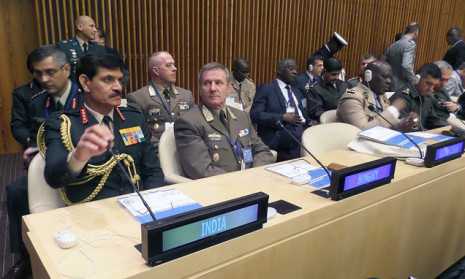
Photo: Defence Staff